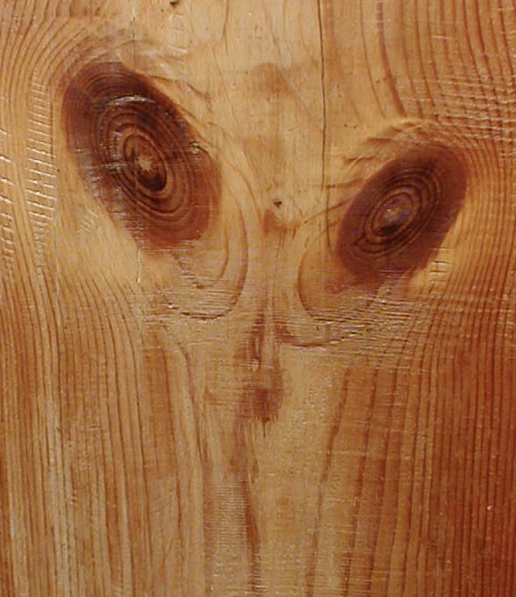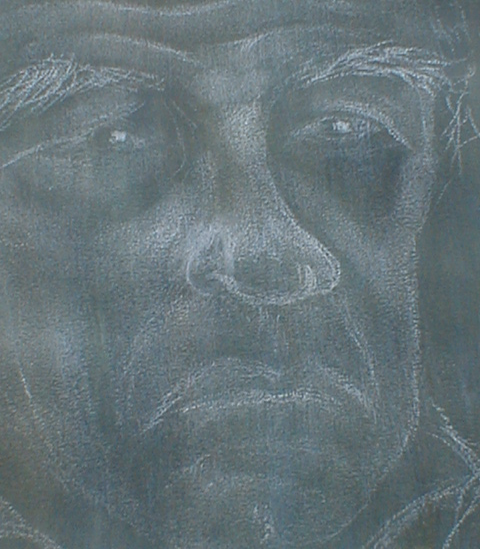Writers' ways 9: Ways with words, and common errors.

Wait, did I get that right? It can happen to any of us but how much do we let this worry us and put us off writing? What is the ‘it’? In this instance I am referring to the technical side of writing - spelling; grammar; punctuation.
Yes, these are all important; especially when we want someone else to read what we have written. As I wrote at the start of this series, we are writing to communicate; because we have something to share; we want to get a message across.
We want to ensure our message is clear. So, yes! Spelling, grammar, and punctuation are important, and can be dealt with given time and patience. Whilst so much of the equipment used today contains tools to help, e.g., spell checker, we do need to be wary of predictive text which might come up with anything but the intended word (and cause amusement to the reader though possible embarrassment to the writer!).
Grammar in a title?
Let’s take a look at the series title: Writers’ Ways. There are two possible hiccups here for the writer.
‘Writers' Ways’ vs ‘Writer's Ways’. - notice the apostrophe is in a different place. What am I trying to say? The ways a writer works or the ways (directions and rules and ideas) writers (more than one writer) take or follow. For the purposes of the exercise the second option is the message.
Though the title is only two words long, there are two considerations here. The word ‘ways’ is referring to the direction a writer takes. But, listen to the sound of the word. It could refer to the gravity behind what we are trying to communicate. If one ‘weighs’ the sentence up, I have two words which sound the same but look and mean something very different.
A quick delve can reveal numerous rules, exceptions to those rules, exceptions to the exceptions… My goodness, the idea of writing can get very serious! But, please don’t get glum rather like the character below, from the ‘Knots of Wood’ series. All that is required is gradually developing an awareness and attention to these three skills; and feeling comfortable in your writing space.
One Face

‘I’ve got my beady eye on you.’ And this face, with knotted eyebrows and deep-set eyes, a slightly pinched, strong nose and tight lips, is watching your every move.
The head remains static. It is the eyes that move, albeit only a fraction. But just enough to let you know you are seen. There’s no mistaking it. You are seen. Your every action. Twitch a muscle or move a finger and one of those eyebrows might rise sufficiently to indicate: ‘I didn’t miss that.’ Behind that look you know there’s a whole thought process going on. Is it suspicion? Disapproval? An unsaid reproach, that you see? Or simply a look, letting you know that you are spotted? Who can say?
This look is not a glare. It is not that fierce. Judgemental it might be. Any interpretation of such an expression could be linked to whether or not there is an element of guilt, or a feeling by the observed of having been caught.
If the activity is totally innocent, then fine. That caring, mindful soul can feel reassured that all really is well. However, should it be that there’s mischief afoot, the steely expression by the tiniest inflection can send out a message: You know I know, so watch out!

Really, the title of this Blog could have been Awareness.
Without wanting to take away any of the fun of writing and putting your thoughts, ideas, words, lists, adventures, poems… into print, at the same time cajoling you to gradually develop an awareness of the possible pitfalls. The technical side of writing can come with experience.
Capturing our thoughts
In order to write, we need ideas. It can be hard to retain our ideas and we might have difficulty writing them down in time if our motor skill have been affected. In this instance, would a recorder be useful? Maybe you that might be a route if the bother of translating ideas onto the paper is too difficult to do quickly. It is possible to find services, or friends, who might transcribe your work into print for you. Maybe you could have someone to sit with you and just write up what you want to tell as you say it.
Just seeing your story in print be it paper or electronically is so exciting. Your words. It is You. however small. However short. Your work does not have to be encyclopaedic. it has to be You.
So, no glum faces. No one is watching unless you choose to show or share - when you are ready.
Something to ponder: I hope you are just writing! As has been said, just writing if you want to write is important and once you have started don’t stop. However much, however little. Every word is valuable.

Member discussion